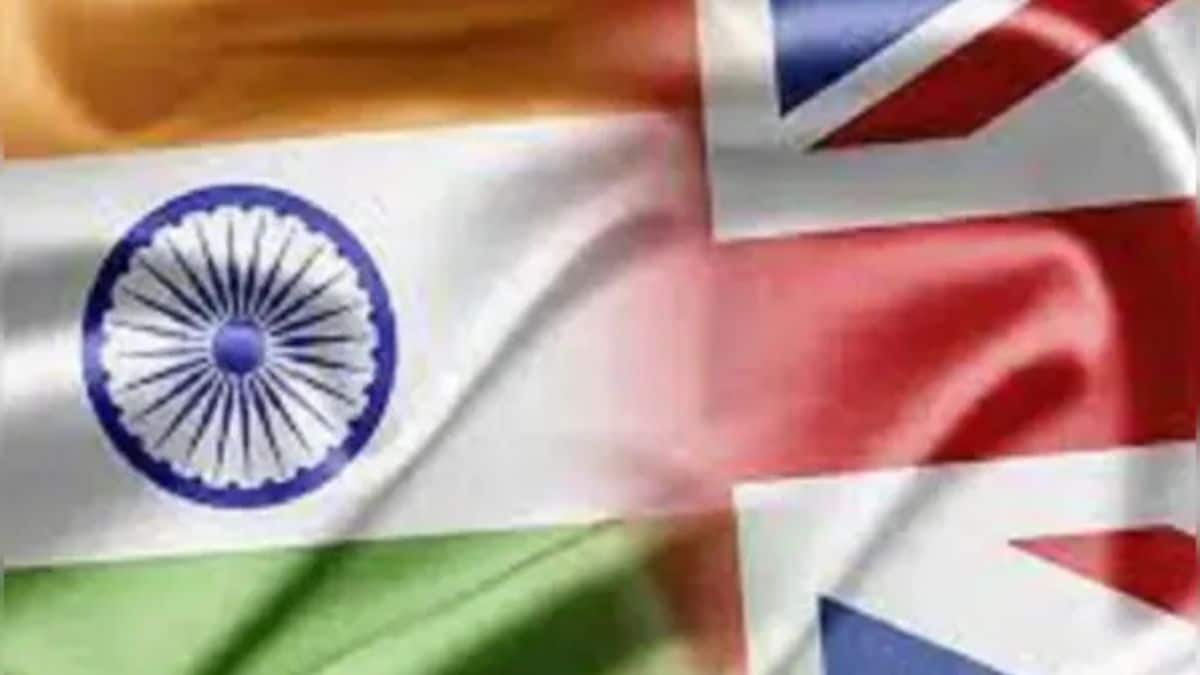

The recently concluded Free Trade Agreement (FTA) between India and the United Kingdom is poised to reshape the trade landscape between the two nations, with significant implications for consumers and businesses alike. The landmark deal, finalized after nearly three and a half years of negotiations, aims to slash tariffs on a wide array of goods, enhance market access, and simplify trade regulations, potentially leading to price reductions and increased choices for consumers in both countries.
One of the most talked-about aspects of the FTA is the reduction in tariffs on Scotch whisky. India, currently imposing a hefty 150% tariff on Scotch, will gradually reduce it to 75% immediately and then to 40% over the next decade. This move is expected to be "transformational" for the Scotch Whisky industry, potentially increasing exports to India by £1 billion over the next five years and creating 1,200 jobs across the UK. For Indian consumers, this translates to a greater variety of Scotch brands becoming available at more affordable prices.
Beyond whisky, the FTA encompasses a wide range of products that could see price adjustments. These include:
The FTA is expected to boost bilateral trade by £25.5 billion and increase the UK's GDP by £4.8 billion annually. Wages in the UK are also expected to rise by £2.2 billion each year in the long run. Barriers to trading will be dropped, with India agreeing to reduce tariffs on a whole host of products, making UK exports more competitive. Based on 2022 trade alone, this amounts to India cutting tariffs worth over £400 million when the deal comes into force, which will more than double to around £900 million after 10 years.
For India, the FTA means that 99% of Indian exports will receive duty-free access to UK markets. Indian import duties will be reduced substantially, with modifications on 90% of tariff lines and 85% of these items becoming completely tariff-free within ten years. India will also receive advantages from the UK's FTA commitments in various service sectors, including IT/ITeS, financial, professional, and educational services.
While the FTA has been widely welcomed, some sticking points remain. A contentious bilateral investment treaty (BIT) between the two countries remains pending, as both sides have struggled to iron out differences related to the investment pact, mainly over dispute resolution mechanisms.